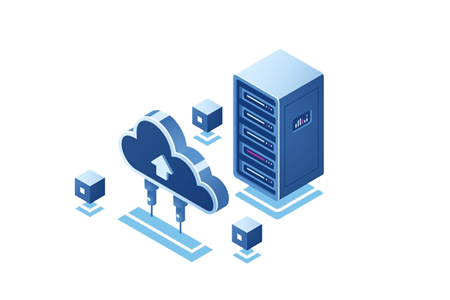The server's native IP refers to the unique IP address that a server has directly in the network, without being forwarded by an intermediate layer such as NAT (Network Address Translation) or proxy. In other words, the server's native IP is the IP address directly connected to the Internet without the intervention of other network devices.
Advantages of server native IP:
Direct access: Native IP allows direct access to the server without the intervention of intermediate devices, reducing latency and packet processing overhead. This is very important for some applications that require low latency and high performance, such as online games, real-time communication, etc.
IP reputation: Native IP can establish its own IP reputation. Shared IP addresses can be affected by the actions of other users, while native IPs help avoid the impact of a bad IP reputation, improve the reliability of email delivery, and reduce the risk of being included in spam blacklists.
Network configuration: For some specific applications, especially applications that need to configure specific network settings, native IP can make network configuration easier and will not be restricted by intermediate devices such as NAT.
Service visibility: Native IP can increase the visibility of the server, making it easier to be found by search engines, monitoring tools, and other service discovery mechanisms.

Disadvantages of server native IP:
IPv4 address shortage: Due to the limited nature of IPv4 addresses, obtaining a large number of native IP addresses may be limited, especially when there is a shortage of IPv4 addresses.
Security considerations: Native IP may expose the server directly on the Internet, adding some security risks. You need to ensure that your server has appropriate security measures in place to prevent potential attacks and intrusions.
Network management complexity: For situations where a large number of native IPs are managed, network management may be more complex and require more configuration and maintenance work.
IP blocking: Native IP addresses may be more susceptible to IP blocking, especially if there are other users performing adverse activities on the same IP segment, which may result in the entire IP segment being blocked.
Cost: Native IP addresses may be more expensive in some regions, especially when IPv4 address resources are in short supply.
When choosing whether to use a server's native IP, you need to weigh the pros and cons based on your specific use cases and needs. For some specific applications, native IP may be necessary, while for others, shared IP or NAT may be sufficient.

 EN
EN
 CN
CN









